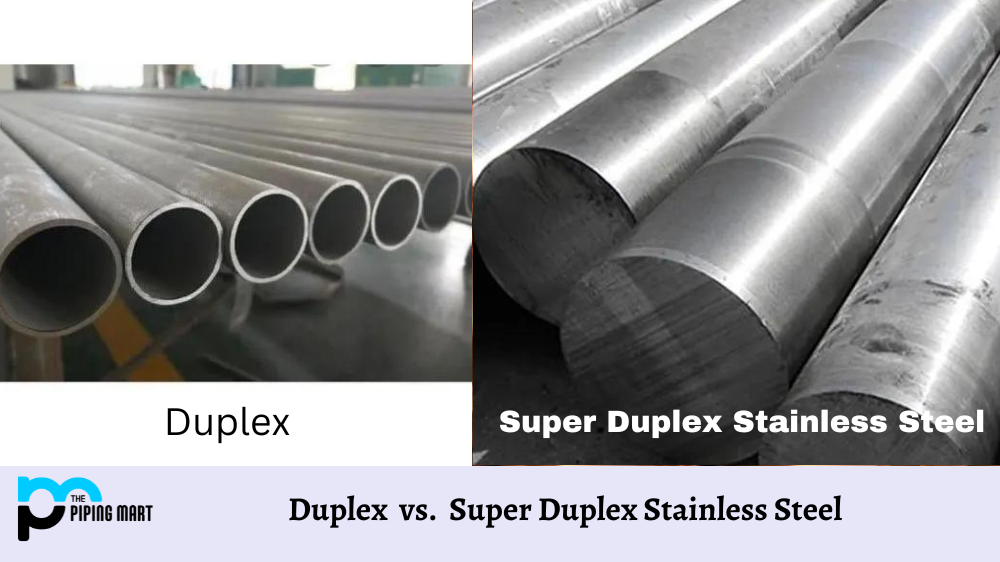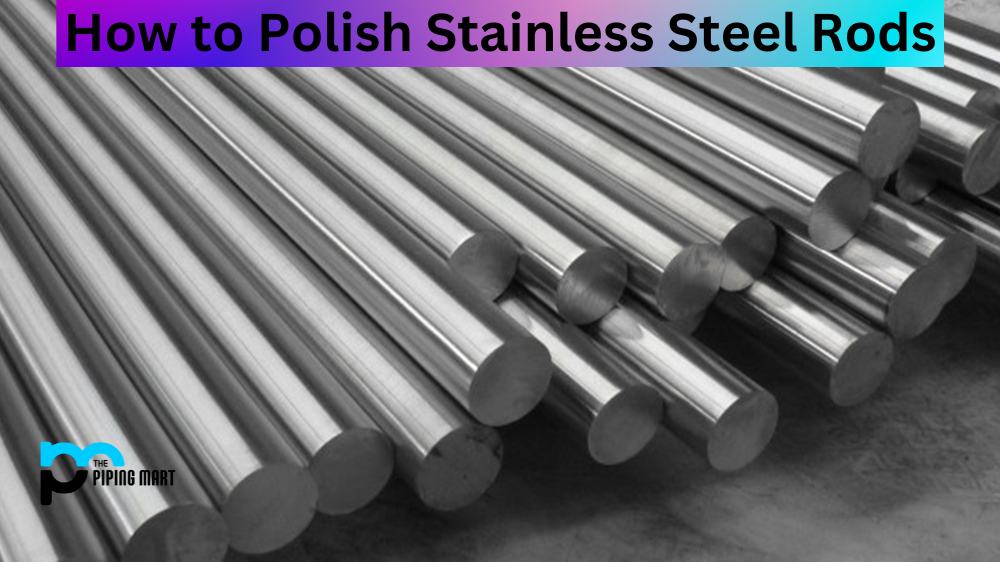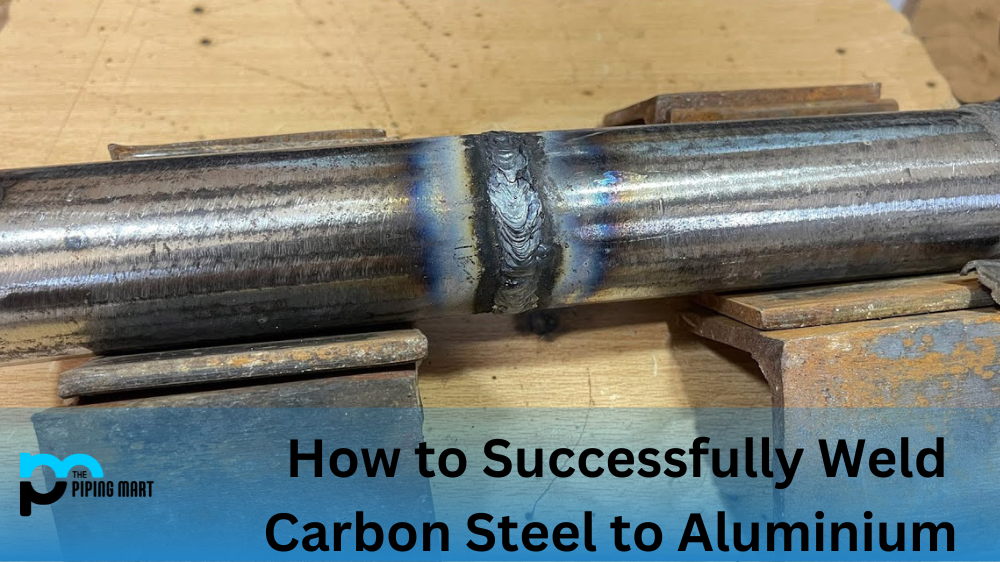If you’re in the market for stainless steel, you may have come across the terms “duplex” and “super duplex.” But what exactly is the difference between these two types of stainless steel? In this blog post, we will discuss the differences between duplex and super duplex stainless steel so that you can make an informed decision when choosing which type of stainless steel to use for your next project.
Duplex Stainless Steel
Duplex stainless steel combines austenitic and ferritic steels, resulting in a material that offers improved strength and corrosion resistance compared to regular austenitic or ferritic steels. It is also more resistant to stress corrosion cracking than other stainless steel forms, making it ideal for applications in corrosive environments. Additionally, duplex stainless steel has a higher yield strength than conventional austenitic or ferritic steels, making it suitable for applications such as pressure vessels and piping systems where high pressure is involved.
Super Duplex Stainless Steel
Super duplex stainless steel is a type of stainless steel with even better strength and corrosion-resistant properties than a standard duplex. It typically contains 25-27% chromium, 7-10% nickel and less than 0.1% nitrogen—which makes it extremely resistant to pitting, crevice corrosion and general corrosion in harsh environments such as seawater or high concentrations of acid or alkaline solutions. Furthermore, its higher yield strength makes it suitable for more demanding applications like heavy machinery components or offshore platforms exposed to extreme conditions.
Conclusion
Whether you need a sturdy material that can stand up against corrosive environments or one that offers superior strength for heavy machinery components and offshore platforms, either duplex or super duplex stainless steel can meet your needs depending on your application requirements. While both are reliable options for many industrial applications, each type has its unique set of advantages and disadvantages, so be sure to do your research before deciding which type of stainless steel is best suited for your project. With the proper knowledge about both types of materials, you can make an informed decision that will benefit your business in the long run!

Pipingmart is B2B portal specializes in industrial, metal and piping products. Also, share latest information and news related to products, materials and different types grades to help business dealing in this industry.




